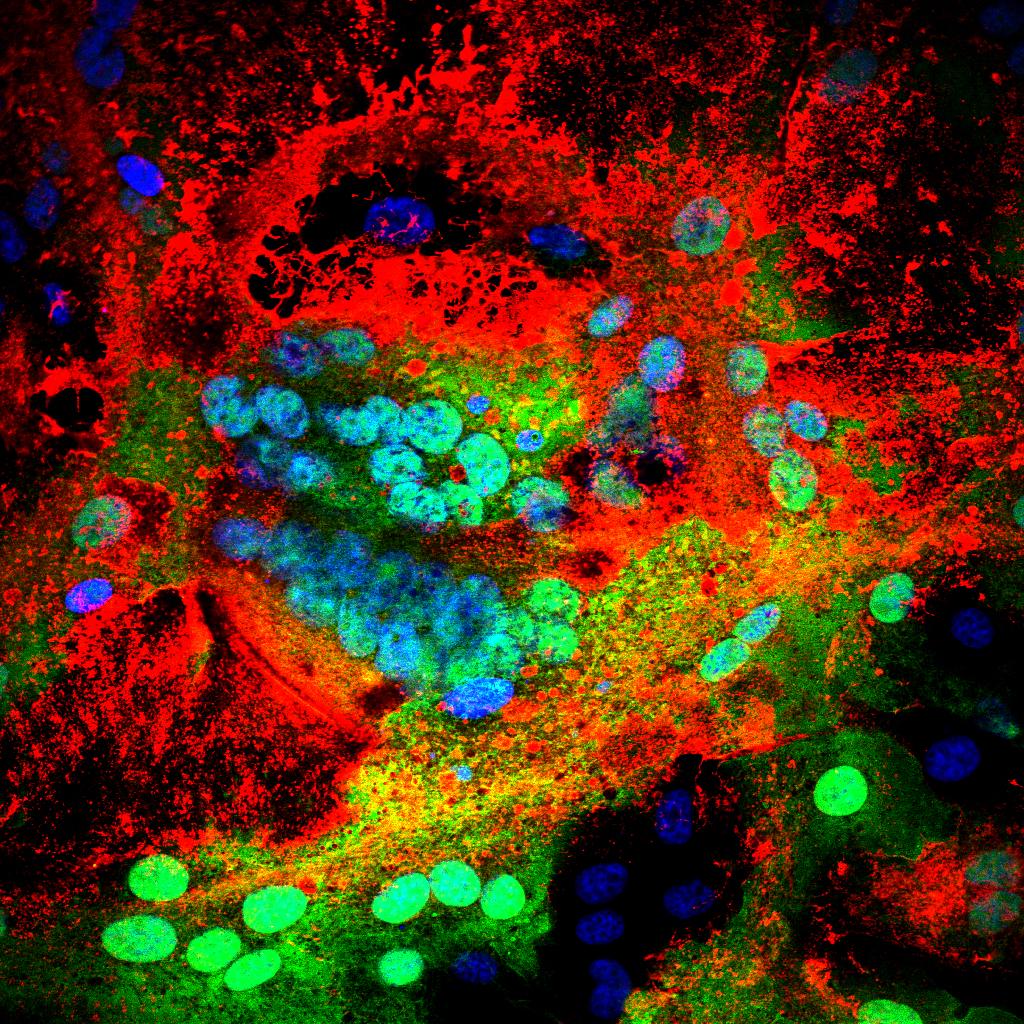Exchange of C-terminal variable sequences within morbillivirus nucleocapsid protein are tolerated: development and evaluation of two marker (DIVA) vaccines (Sungri/96 DIVA, Nigeria/75/1 DIVA) against PPR
Across Africa, the Middle East, and Asia, peste des petits ruminants virus (PPRV) places a huge disease burden on agriculture, affecting, in particular, small ruminant production. The recent PPR outbreaks in Northern Africa, the European part of Turkey, and Bulgaria represent a significant threat to mainland Europe, as a source of disease. Although two safe and efficacious live attenuated vaccines (Sungri/96 and Nigeria/75/1) are available for the control of PPR, current serological tests do not enable the differentiation between naturally infected and vaccinated animals (DIVA). The vaccinated animals develop a full range of immune responses to viral proteins and, therefore, cannot be distinguished serologically from those that have recovered from a natural infection. This poses a serious problem for the post-vaccinal sero-surveillance during the ongoing PPR eradication program. Furthermore, during the latter stages of any eradication program, vaccination is only possible if the vaccine used is fully DIVA compliant. Using reverse genetics, we have developed two live attenuated PPR DIVA vaccines (Sungri/96 DIVA and Nigeria/75/1 DIVA), in which the C-terminal variable region of the PPRV N-protein has been replaced with dolphin morbillivirus (DMV). As a proof of principle, both the DIVA vaccines were evaluated in goats in pilot studies for safety and efficacy, and all the animals were clinically protected against the intranasal virulent virus challenge, similar to the parent vaccines. Furthermore, it is possible to differentiate between infected animals and vaccinated animals using two newly developed ELISAs. Therefore, these DIVA vaccines and associated tests can facilitate the sero-monitoring process and speed up the implementation of global PPR eradication through vaccination.
